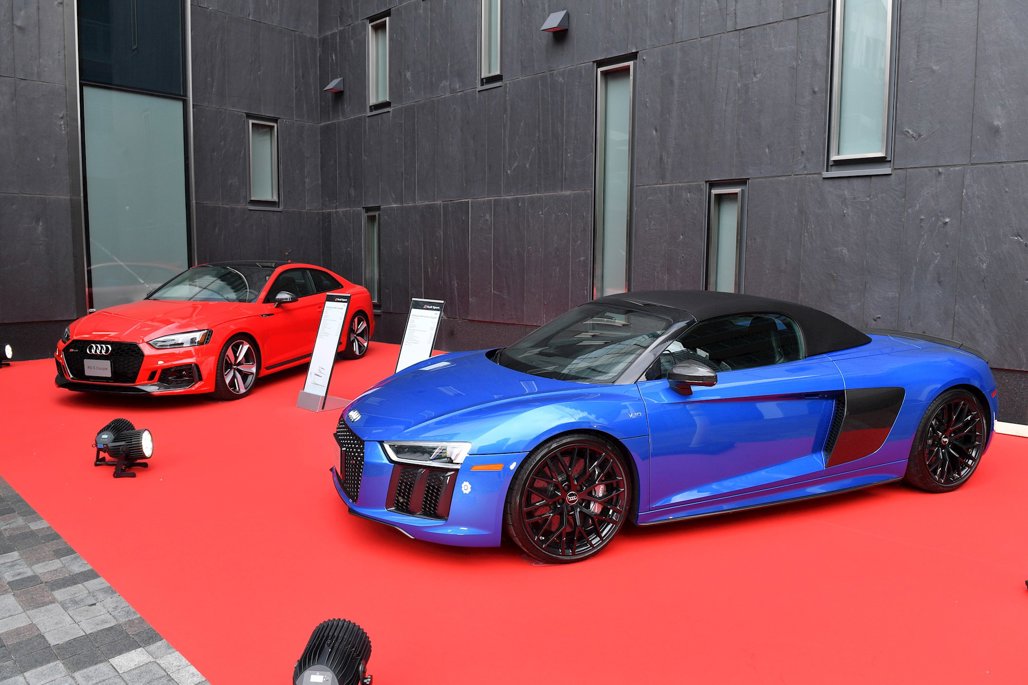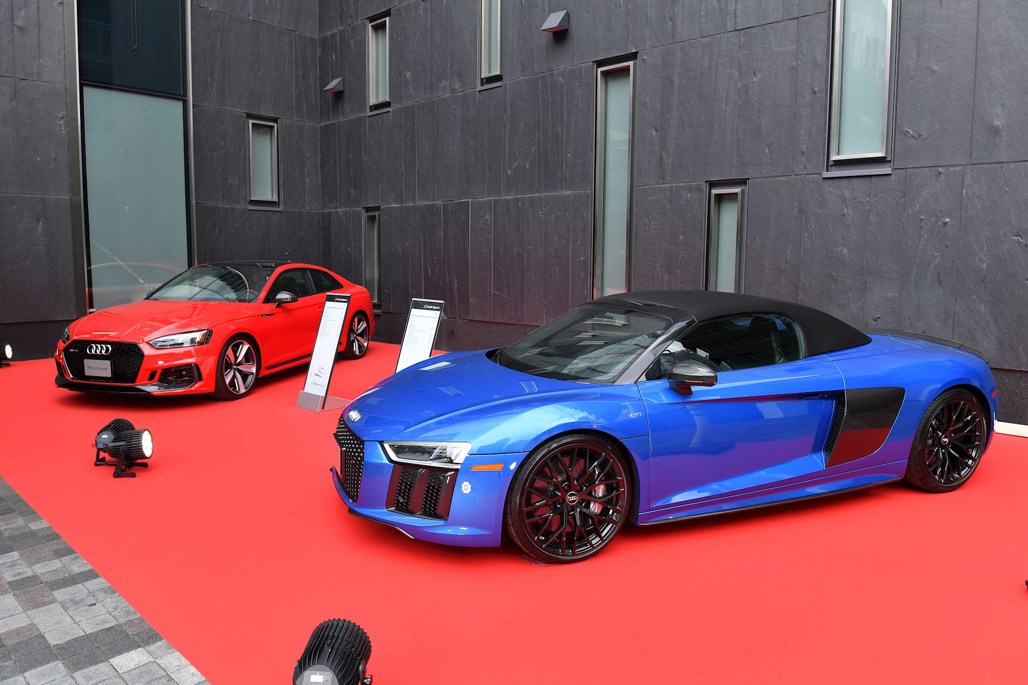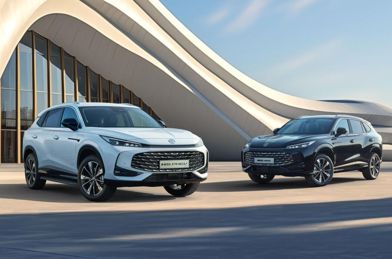Hyundai and Audi have announced a hydrogen partnership that will see both brands cooperating in the development of automotive fuel cell technology.
The multi-year patent cross-licensing agreement includes "a broad range" of components for fuel cell cars (a type of zero-emission vehicle that runs on hydrogen) and will "leverage collective research and development capabilities" in hydrogen propulsion. This announcement comes after Audi renewed its partnership with long-standing fuel cell supplier Ballard Power Systems earlier in June.
“The fuel cell is the most systematic form of electric driving and thus a potent asset in our technology portfolio for the emission-free premium mobility of the future,” said Peter Mertens, Board Member for Technical Development at AUDI AG.
“On our FCEV roadmap, we are joining forces with strong partners such as Hyundai. For the breakthrough of this sustainable technology, cooperation is the smart way to leading innovations with attractive cost structures.”
Audi is the hydrogen fuel cell lead within the Volkswagen Group and is understood to be developing FCEV road cars for introduction in 2020. Hyundai is a leader in fuel cell cars, having produced both the ix35 SUV and the upcoming Nexo, due to launch in the UK early next year.
“This agreement is another example of Hyundai’s strong commitment to creating a more sustainable future whilst enhancing consumers’ lives with hydrogen-powered vehicles, the fastest way to a truly zero-emission world,” said Euisun Chung, Vice Chairman at Hyundai Motor Company.
“We are confident that the Hyundai Motor Group-Audi partnership will successfully demonstrate the vision and benefits of FCEVs to the global society.”
Hyundai Mobis, the group's main hydrogen component manufacturer, can expand complete fuel cell powertrain production to "tens of thousands" of units per year at its Chungju facility, though at the moment capacity is just 3,000 annually. We estimate there to be around 100 fuel cell cars in the UK.
In addition to sharing components, Hyundai and Audi have expressed an intention to "spur innovation" in H2 tech, providing "more advanced mobility options" to customers.
A hydrogen fuel cell uses an electrochemical reaction to turn hydrogen and oxygen into electricity and water. In the context of vehicle propulsion, this enables zero-emission mobility with long range and relatively fast refuelling times – a Hyundai Nexo can be fully 'recharged' from empty in under five minutes, with a range of around 500 miles per refill.
Challenges include the creation and distribution of hydrogen which, despite being the most abundant atom in the universe, can be expensive to obtain. Only a small number of hydrogen filling stations exist in the UK and, while the number is growing across Europe, the network is not yet comprehensive enough for widespread FCEV uptake.
Hydrogen can be produced in several different ways, including using algae, fermentation or 'gasification' from fossil fuels. The most practical method currently used in transport is electrolysis, a process by which renewable electricity is used to 'split' water into hydrogen and oxygen, normally on the same site as the fuel pump.
Hyundai has identified regenerative hydrogen production and the establishment of hydrogen infrastructure as being key factors in the fuel's future market success.
- Telegraph UK




